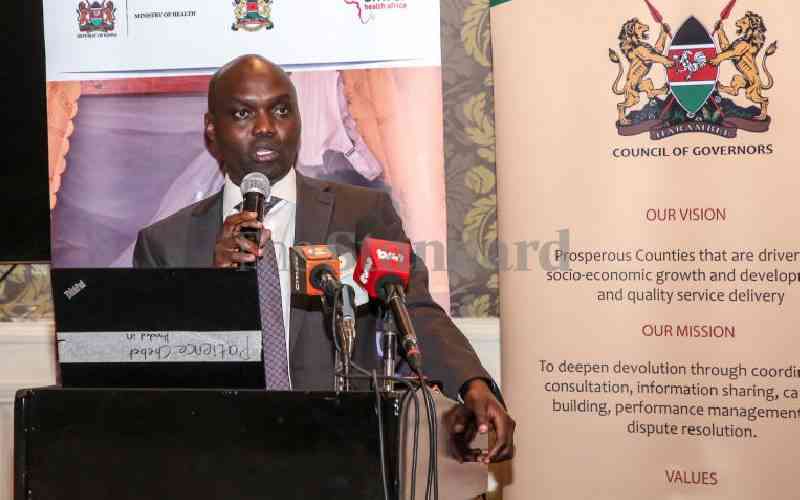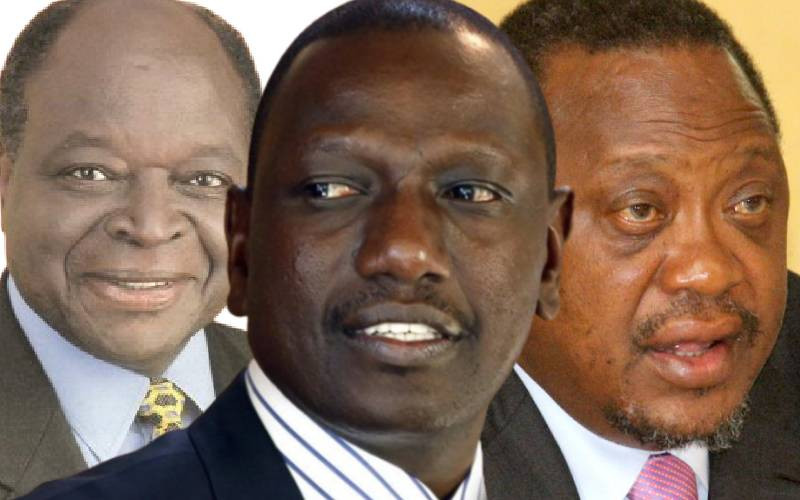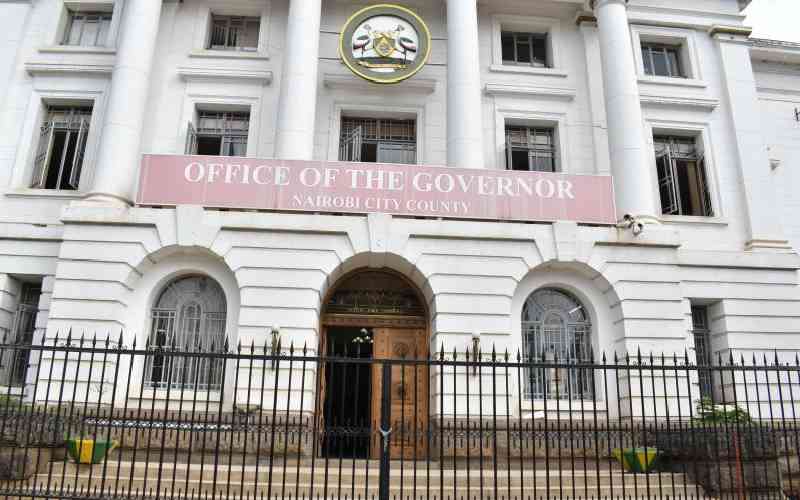Parliament resumes its business on Tuesday afternoon for its final lap ahead of next year’s General Election, amid growing insecurity that is viewed as a potential threat to the polls.
Parliamentary sources told The Standard that when the House reconvenes on Tuesday, it would sit until December 20 when it will adjourn indefinitely. It would, however, be dissolved on January 14 when the legislators’ term will expire.
The House has several Bills to tackle within the next one month some of them with a bearing to the impeding elections.
They include the Campaign Financing Bill, which is aimed at regulating the sources and amount of money politicians pump into their campaigns.
Parliament will also be grappling with the Constitutional (amendment) Bill that seeks to deal with the one third gender rule. The matter is critical because if a solution is not found the next Parliament could be declared unconstitutional if it fails to meet the threshold.
Already, Attorney-General Prof Githu Muigai has gone to the Supreme Court to seek legal opinion on the matter on behalf of the Government.
Parliament also has another tight timeline to approve the name of the new Deputy Chief Justice before it winds up its business.
The position fell vacant after the first occupant of the office Ms Nancy Baraza resigned following a recommendation by a tribunal that investigated her conduct after a guard at the Village market accused her of threatening her with a gun.
Applicants for the post have until end of this month before the Judicial Service Commission shortlists, interviews and forwards the name of the successful applicant to Parliament for approval.
The House also has another procedure to follow as the Committee on Justice and Legal Affairs is supposed to interview the successful applicant before filing a report to the House for either approval or rejection. This has to take place before December 20 failure to which the matter could be pushed to the next Parliament.
Illegal sources
The Campaign Financing Bill aims to create an even ground for candidates and political parties by regulating sources of funds and setting spending limits during campaigns. It outlaws contributions from foreign governments towards campaigns of candidates, as well anonymous contributions, State contributions and contributions from illegal sources.
The Bill further, calls for the disclosure and documentation of source of funds for political parties and provides for offences that may arise from financing of campaigns.
Parliament resumes at a time when the country is facing rising insecurity, with criminals targeting civilians as well as security officers. Riots hit Eastleigh, Nairobi on Sunday after suspected terrorists threw an explosive device into a matatu, killing seven people. Separately, 42 police officers and reservists lost their lives in a bandit attack in Suguta Valley last week.
On Monday, gunmen in Garissa killed three military officers.
Stay informed. Subscribe to our newsletter
Also to be debated is the controversial Finance Bill, 2012 referred to Parliament after President Kibaki declined to assent to it.
The MPs had sneaked an amendment to award themselves Sh9.3 million each as send-off allowance at the expiry of their term in January 2013.
 The Standard Group Plc is a
multi-media organization with investments in media platforms spanning newspaper
print operations, television, radio broadcasting, digital and online services. The
Standard Group is recognized as a leading multi-media house in Kenya with a key
influence in matters of national and international interest.
The Standard Group Plc is a
multi-media organization with investments in media platforms spanning newspaper
print operations, television, radio broadcasting, digital and online services. The
Standard Group is recognized as a leading multi-media house in Kenya with a key
influence in matters of national and international interest.
 The Standard Group Plc is a
multi-media organization with investments in media platforms spanning newspaper
print operations, television, radio broadcasting, digital and online services. The
Standard Group is recognized as a leading multi-media house in Kenya with a key
influence in matters of national and international interest.
The Standard Group Plc is a
multi-media organization with investments in media platforms spanning newspaper
print operations, television, radio broadcasting, digital and online services. The
Standard Group is recognized as a leading multi-media house in Kenya with a key
influence in matters of national and international interest.








